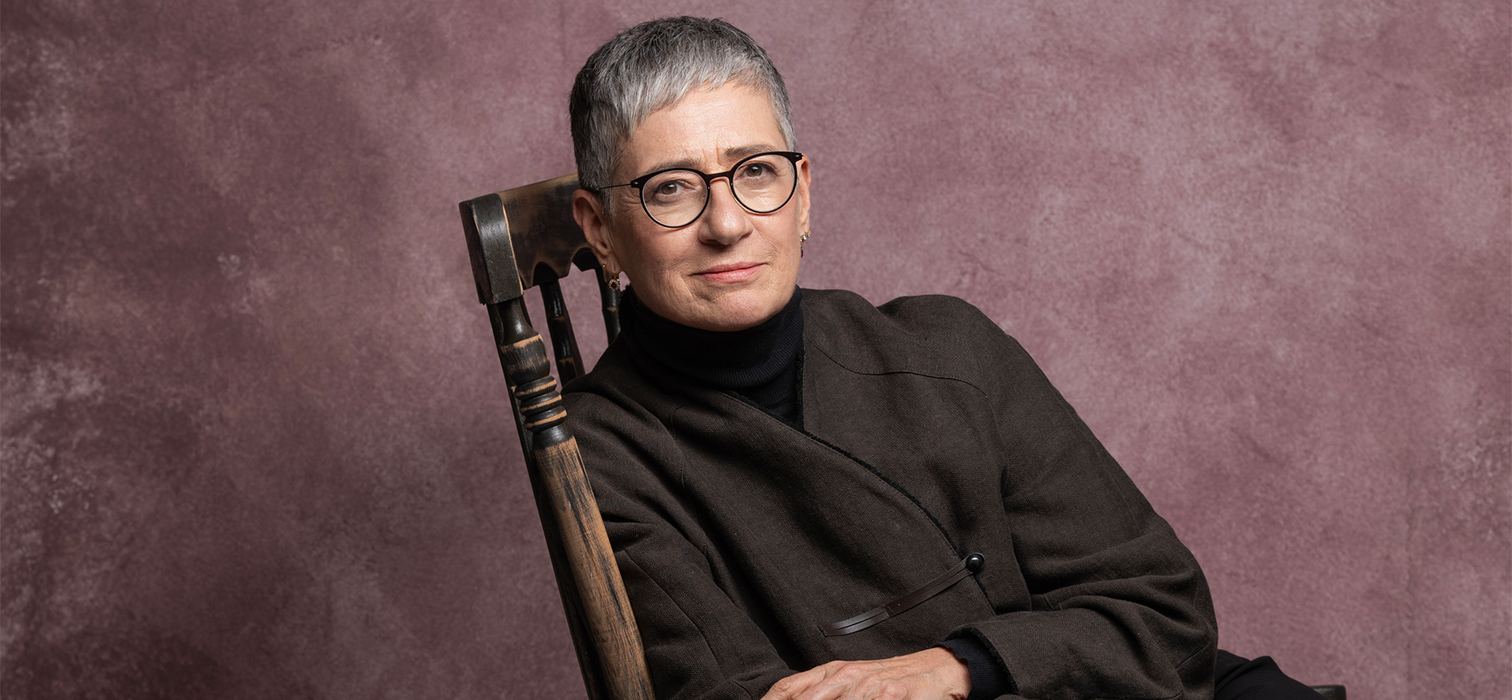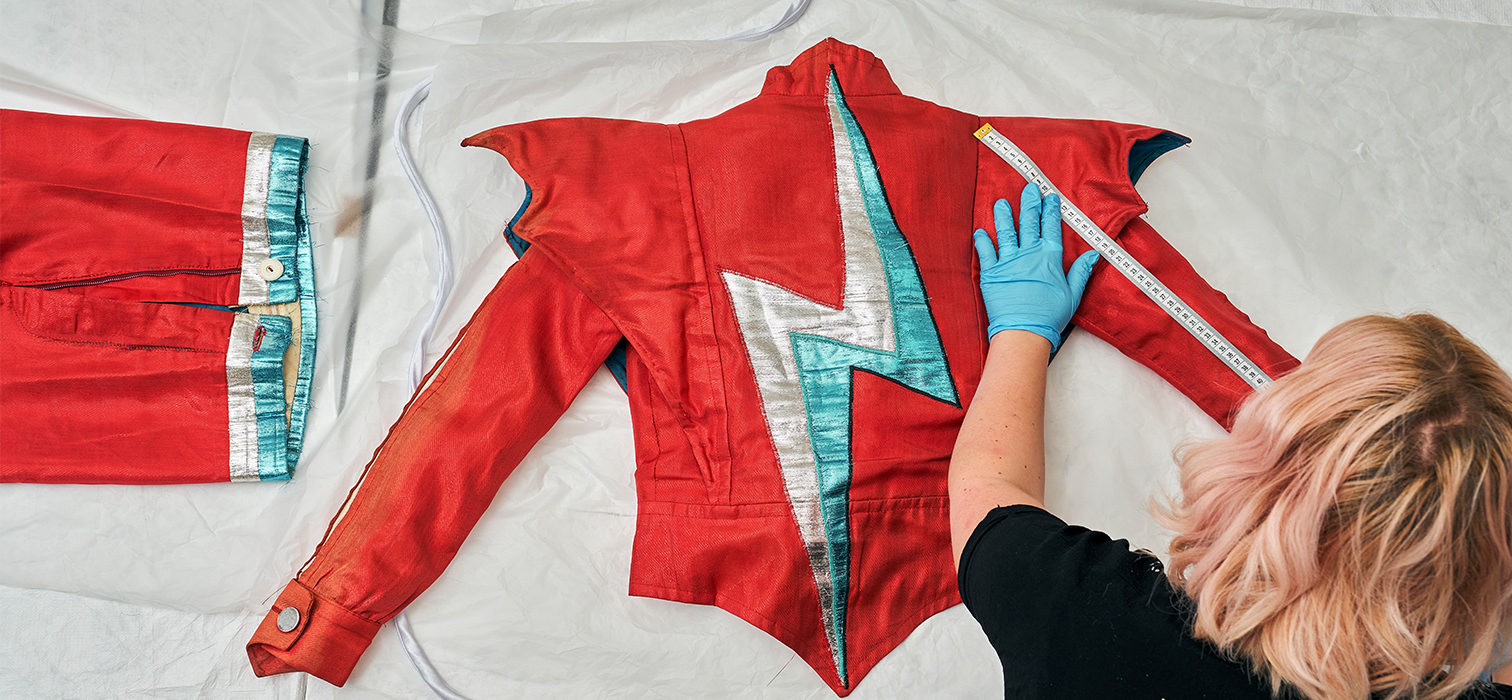Climate Fiction Readings

Climate fiction is literature that deals with the effects of climate change; these novels tell a future that might happen in the near future because of climate change and global warming. As Saatolog editors, we have compiled most crucial cli-fi novels to inspire you to save the planet.
The climate crisis is one of the most discussed and talked about global issues in recent years, indeed, we need to talk more and more about climate change and its effects every passing day. However, humans as being are inclined to ignore the climate crisis until its effects begin to seem clearly. All the whole, we grasp the danger when the effects of the crisis appear with disasters such as extreme droughts, great fires and floods.
A few weeks ago, a fire disaster began in the south of Turkey that brings to mind the danger of climate crisis. With these fires, we have seen more than ever how close and devastating the effect of climate change is. Consequently, I began to read articles and interviews about the fires and climate change. Later on, I explored the climate-fiction, which is a new genre in literature.
Climate Change in Literature
Indeed, reading the scientific issues such as climate change and global warming from fiction, might leave a question mark in our readers’ mind. However, I believe that fiction helps humanity resist in crisis time and has an important role to raise individual awareness and gaining consciousness. With cli-fi novels, we are seeing the world through character’s eyes, who see what will happen to cities in the future.
The birth of climate fiction dates to the early 2000s. Journalist and nature activist Dan Bloom invented the concept of “Climate Fiction” or shortly “Cli-Fi” in 2008. The concept became popular when it was heard on an independent radio broadcast from the USA in 2013. Later on, its popularity is growing gradually with the New York Times. Thus, the journey of climate fiction began. Margaret Atwood and David Matchell are leading authors of the genre.
Köpekli Çocuklar Gecesi, Oya Baydar, Can Publications, 2019.
Köpekli Çocuklar Gecesi can be considered as the first ecological dystopia in Turkish literature. Novel tells the story of Children with Dogs and Children of Climate, who are trying to save the Earth that has become unhabitable because of global climate disasters such as droughts and pollution. The effects of the climate crisis, which all we know but ignore, are written in a dystopian world. Although, novel is about a future-oriented disaster scenario, calls to awareness to save the Earth. That is why, a single flower blooming in a dry land on the book cover.

Sondan Sonra, (The End We Start From), Megan Hunter, transl: Ayça Çınaroğlu, 2019.
The End We Start From is another dystopian novel that describes a near-future environmental disaster. The novels tell a young woman who gives birth during a massive flood that wipes out most of London. The End We Start From constructs a narrative to hold on to life and struggle through all these disasters and deals not only with climate changes, but also all kind of crisis moments.

Delliadem (MaddAddam), Margaret Atwood, transl: Dilek Şendil, Doğan Publications, 2019.
Toby, a survivor of the man-made plague that has swept the Earth, is telling stories. MaddAddam is the last book of Atwood’s trilogy, tells a post-apocalyptic story inspired by creation mythologies. Fine, if you ask how humanity creates this apocalypse with its own hands in the novel, the answer is: capitalism, global warming, uncontrolled population growth…

Kemik Saatler, (The Bone Clocks), David Mitchell, transl: Sıla Okur, 2016.
The Bone Clocks is from The Guardian’s list of “Five of Best Climate Change Novels”. Indeed, David Mitchell mostly writes on the issues between self-interest and planetary ethics in his novels. The life of the main character, Holly, is followed from his wounded youth to his older age on Ireland’s Atlantic Ocean coast while Europe’s oil reserves are depleted. Novel has an effective narrative that will be remembered for a long time.

Tabiat Dörtlemesi (Nature Tetralogy), Buket Uzuner.
Buket Uzuner one of the authors who write in this genre in Turkish literature. She examines the associations between nature and humans and deals with the destruction caused by global warming on nature through her novels Water, Air, Land and Fire. In an interview with Yeşil Gazete, Uzuner says that novels are actually love stories, which is between nature and human. However, human destroy the nature in this love story.

Air is about the journalist Defne Kaman is being prosecuted for her article “Why Not Nuclear Energy?” In Kayseri, where the trial is being held, Defne Kaman is joined by Turkey’s renowned environmental lawyers, journalists, animal and environmental rights activists and NGO representatives. The day Defne Kaman arrives in Kayseri a bust mysteriously disappears from the city center…
Buket Uzuner’s Air is a striking climate-fiction novel that brings back respiration to our biotically off kilter planet.
Serpil Oppermann, President of EASCLCE.
Although climate fiction had appeared in the early 2000s, the history of the novels in Turkish literature built with environmental sensitivity goes back even further. For instance, Yaşar Kemal’s Birds Have Also Gone (1978) tells how a square where birds once took shelter disappeared in Istanbul because of human interference. On the other hand, in Story of An Island, Yaşar Kemal depicts the fascinating nature, while telling the struggle of people dragged by exiles and wars to hold on to life in different geographies. Latife Tekin’s Berji Kristin: Tales from the Garbage Hills and Sait Faik’s some stories are among the other novels that written by environmental sensitivity in Turkish literature.




